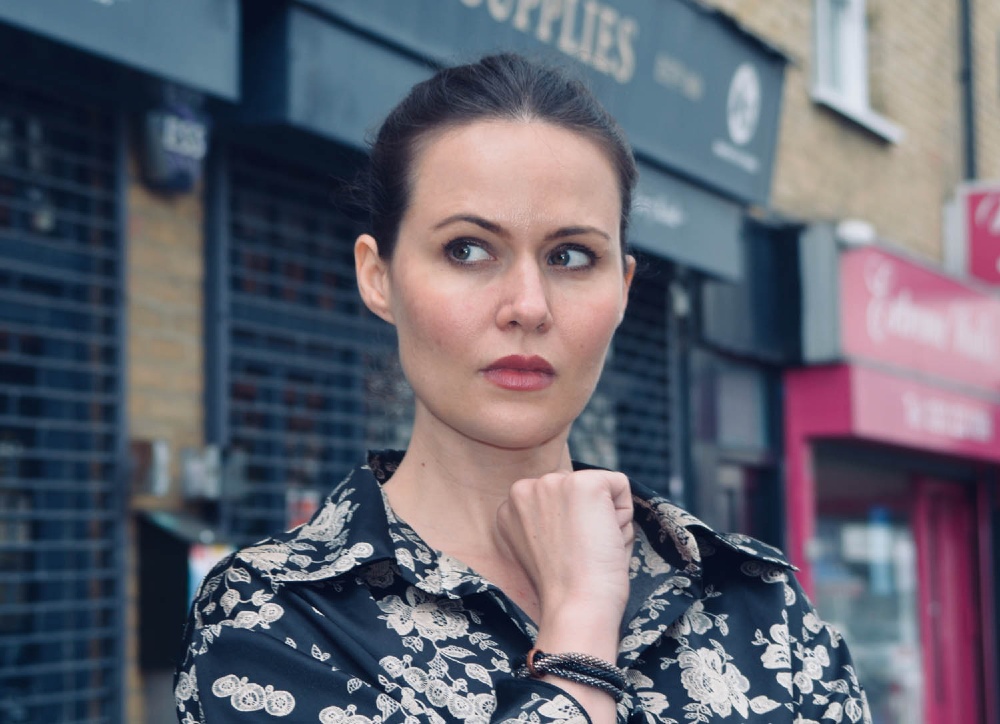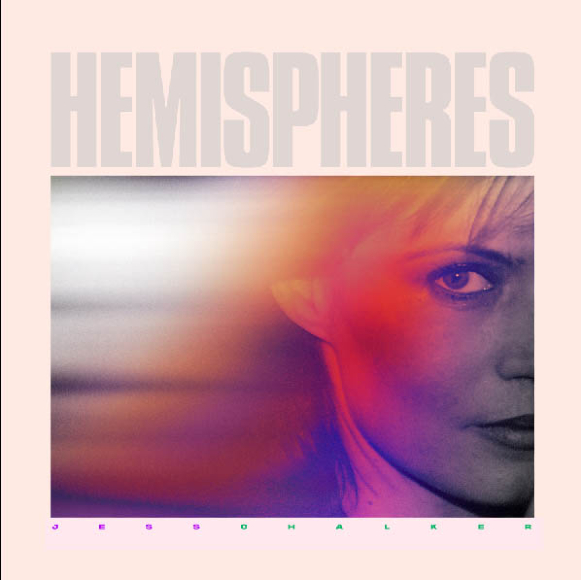
Like so many, 2020 was a pretty awful year for me.
I still remember the world news breaking as if it were yesterday: I’d travelled back home to Australia to be maid of honour for my best friend’s wedding, giddily donning the most beautiful saffron silk gown to match her stunning Indian bridal theme. I remember swilling champagne by Sydney’s Clovelly Beach, and dancing the night away to a live band with my school friends until early hours of the morning. It felt like a party at the end of the world.
Arriving back at London Heathrow in early March, people had already started wearing masks at the airport. A close friend, an epidemiologist working as a U.S government advisor warned me ahead of the headlines that things were about to go south globally pretty fast. Pretty soon they did.
At the time, my husband and I were living in a heavily fortified, Grade II East London church in Shoreditch. It seemed a decent stronghold for any impending apocalypse, which as we all know (excluding the awful loss of life), turned out to be a worldwide drought on toilet paper. I’d joked the previous December that our place would be an ideal location for the end of the world, given you had to unlock about four doors just to get into our rooftop apartment. Turned out Zombies weren’t the threat though - just morons.
Until May or June of that year, I was still working a dream job as a producer on an exciting project for a big rock star (among other projects). Soon enough, Covid had rendered what we’d planned impossible, my job became redundant and I was put on extended furlough. It was devastating, particularly as that role felt like a big reason for being in the UK at all, so far away from home.
Additionally, my husband and I had been suffering silently through a years’ long battle with infertility. It wasn’t something I’d spoken much to friends about, as I didn’t want to give anyone a reason to pity me, or be framed by that lens. But the ongoing grief was hard. IVF clinics shut up shop for months, and my dreams of becoming a mother were becoming seemingly very distant.
I really wasn’t doing OK, though it felt strangely better knowing I wasn’t the only one struggling (a lot of people have said this). Still, I knew if I didn’t put my mind to something soon, I’d find myself in a very dark place.
At first, my instinct was to reach out to friends old and new, to reconnect. Given the last few years had been such a blur working and travelling so much, becoming a better friend and sister became a priority.
Doing this really grounded me.
Afterwards, I re-centred, and turned back to my artist project, which at that stage, I was only doing in my spare time. I’d spent the last several years working internationally on various artist projects for other people, but suddenly felt I’d been given this rare gift of time. I knew I’d written enough songs to create a record, maybe this was an opportunity to focus on that?
I set up the second bedroom in our apartment as a music studio, and holed myself up in there amongst a self-styled fortress of soundproofing blankets. I set myself a goal of making an album with a release date of the following year, collating songs, finishing/crafting them, re-writing lyrics and guitar lines. I lined up players, mixers and mastering engineers, and fixated over production details - from vocal reverb styles, to synth pads and clap sounds. I drank lots of tea, befriended two visiting ducks that landed on the rooftop every afternoon (odd for central London), and had long conversations with my very talkative Birman cat, Bowie. I also got a whole lot better at Logic Pro during this process.
Being in that studio, surrounded by instruments, sheets of scrawled-on paper (and lots of empty mugs) was a place to distract myself with creativity, while also recovering from a number of fertility-related keyhole surgeries that year. Mentally and physically, I was feeling exhausted, battered, broken, scarred and bruised. I was on steroids and a bunch of other meds, which made me look like Moonface from the Faraway Tree. I avoided mirrors. But I kept going and finished the record.
As a woman in her 30s, the idea of getting funding from a label to cover release costs seemed impossible, especially without significant compromise. So, in early 2021, I ended up writing a grant application to The Australia Council for the Arts, asking for their help to release the record independently. I spent long evenings putting the application together, never dreaming I’d get it. But I did.
The result of all of this is Hemispheres, my very first record as a solo artist. It’s a collection of songs I wrote over about four years, with the final brushstrokes coming together in the grand shitshow that was 2020. Yes, it happens to be a ‘lockdown record’, but only via production. Otherwise, listening to anything I actually wrote during this period, you’d be forgiven for wondering why I hadn’t thrown myself off a cliff.

For me, Hemispheres is a very hopeful record, and something I’ll always feel personally very proud of. I chose the title as it symbolises a neural switch in cognition, as well as my constant travel (for work) between the northern and southern hemispheres for several years. The record features lots of harmonies, big choruses, warm synths, band sounds; lots of ‘80s/’90s references, as well as classic inspirations. Many of the songs are deeply personal to me; some are inspired. The record was truly my light at the end of a tunnel during a royally fucked year, my ally and confidante in a dark place. I hope there’s something in it for everyone, or in the least, that this story might inspire anyone who’s struggling to make lemonade from lemons if/whenever you find your own lights falling down. Creativity saved me and who knows - it might be your saving grace one day too.
Hemispheres, by Jess Chalker is out now.
Get the album here: https://jesschalker.bandcamp.com

